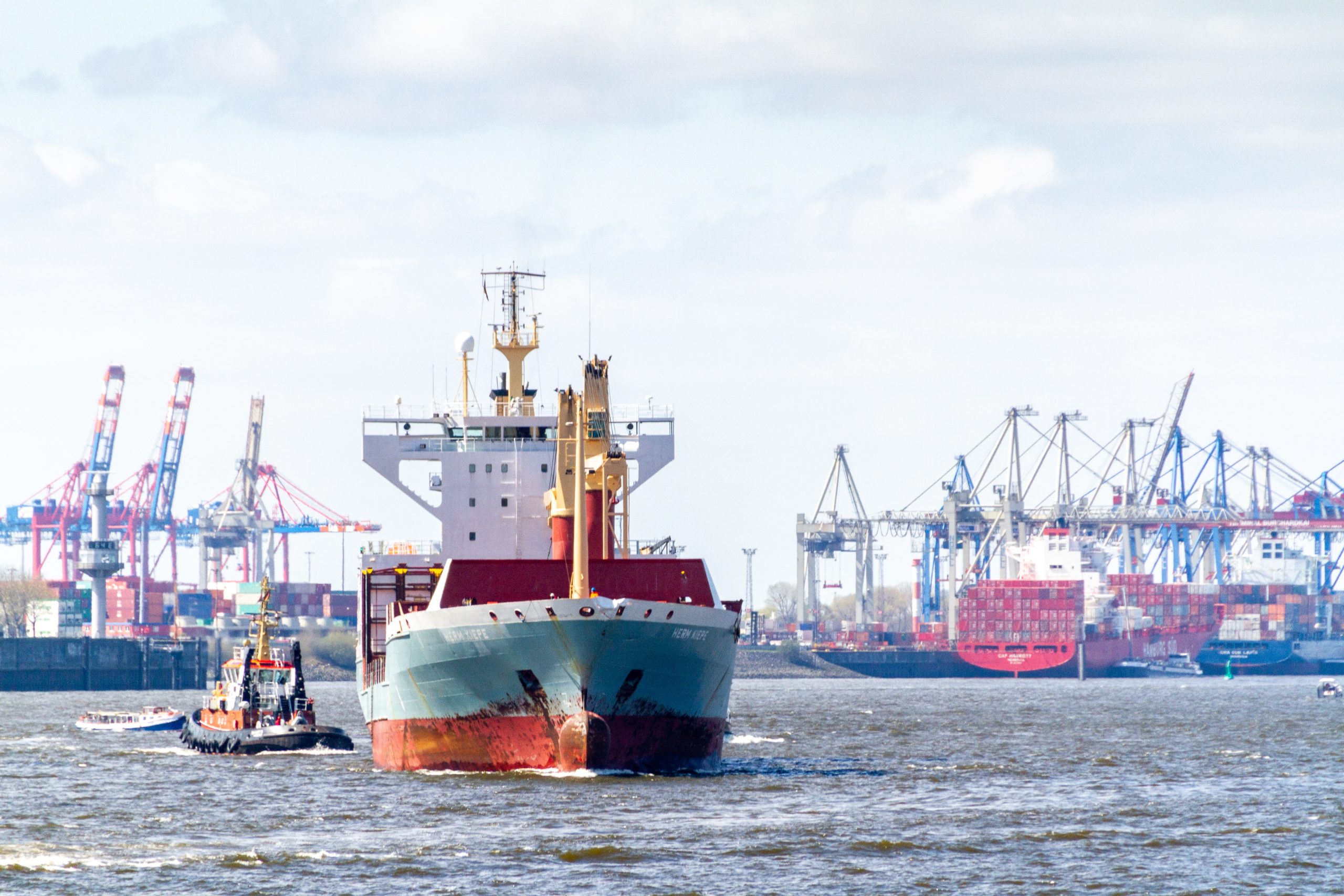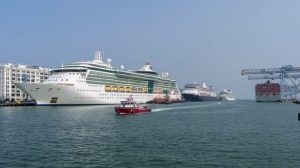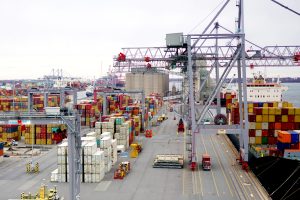After a tumultuous three years for global supply chains, ocean freight stakeholders are under pressure from shifting economic conditions, geopolitical influences and labor challenges going into 2023. That’s according to a new survey by leading real-time supply chain visibility provider FourKites.
The survey polled over 350 supply chain professionals to shed light on the top issues facing the ocean shipping industry. The survey revealed that the past few years of supply chain disruptions — including COVID-19, market volatility, global political conflict, material shortages and extreme weather events — have driven 73% of respondents to invest in supply chain visibility, with 46% planning to invest more in 2023.
“Shippers and other players in the supply chain ecosystem are getting smarter about allocations by tapping into more reliable and real-time data, instead of guessing,” said industry expert Chris Stauber, Founder of VentureSoftPM. “They want to know, for instance, what the risk-versus-reward will be for going to an extra port or country to move their containers, or for shifting from one supplier to three for raw supplies. Additional investment is required to get better data, but the value of that data brings a huge reduction in risk.”
Other key survey findings include:
- 50% of respondents reported having zero visibility into their ocean freight, with more than 20% relying on manual track-and-trace processes to track their ocean freight.
- More than half of respondents were most concerned about labor challenges, high shipping costs and impacts to customer service, with 35% also reporting concerns around congestion at the ports.
- 73% of respondents reported having some level of visibility into their over-the-road shipping.
The survey findings have been published in the report, The Great Reset: Ocean Shipping in a Post-Pandemic World. The report includes expert analysis on the current state of ocean shipping, predictions for 2023 and ways shippers can shore up their supply chains to build resilience for the future. Download a copy of the report here.
(Photo of Port of Rotterdam by Dimitry Anikin/Unsplash)








